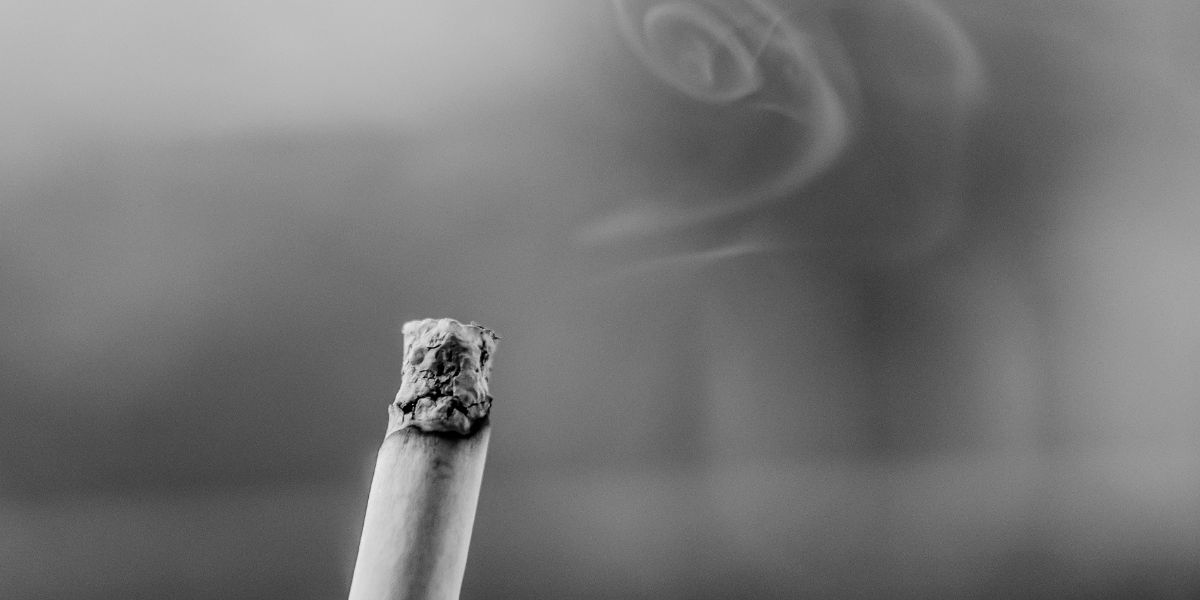Isn’t it weird when you were smoking, you never experienced “smoker’s cough”. But after you quit, you started coughing?
 Though coughing is not among the common signs of withdrawal symptoms, some former smokers experience coughing during the early days of their quit. This is normal. Smoking kills the tiny hair-like structure in your lungs – the cilia. When you quit smoking, the cilia in your lungs starts to work again. The regrowth of these tiny hair-like structures causes you to cough. Let’s try to take a closer look.
Though coughing is not among the common signs of withdrawal symptoms, some former smokers experience coughing during the early days of their quit. This is normal. Smoking kills the tiny hair-like structure in your lungs – the cilia. When you quit smoking, the cilia in your lungs starts to work again. The regrowth of these tiny hair-like structures causes you to cough. Let’s try to take a closer look.
Cilia and Your Lungs
The cilia protect the delicate tissue of your lungs against foreign objects that find their way in. Normally, the bronchial tubes in your lungs are covered in mucus and cilia. The cilia cleans any foreign particles trapped in the thin layer of mucus. In a back and forth motion of the cilia, the mucus together with the pollutants are driven out of the lungs towards your throat. Once it reaches the throat, it is expelled through coughing. This process protects your lungs from respiratory diseases and infections.
Smoking and Your Cilia
Cigarette smoke contains thousands of chemical compounds that cause damages to the lungs. It also leaves a tacky yellow substance called tar. It sticks to almost everything, including your fingers, teeth, clothing, walls and furniture, and your lungs.
Inside your lungs, tar paralyzes your cilia and causes the inflammation of the airways, triggering the excessive production of mucus. With your lung’s defense system down, harmful compounds in cigarette smoke, germs, and other foreign particles stay in your lungs, putting your at higher risk for infections and other respiratory diseases.
Cough After Quitting
After you quit smoking, the cilia slowly start working again and your lungs start to move the trapped pollutants out. This can cause the cough that lasts for a couple of weeks or months until the cilia are fully restored.
However, if you think that your cough is beyond normal or that you’re experiencing any other symptoms, don’t hesitate to consult your doctor and have your condition evaluated.
More Serious Symptoms
- Wheezing – loud breathing can be a sign of inflammation in the airway.
- Blood in Phlegm – your phlegm contains streaks of blood.
- Shortness of Breath – you find yourself catching your breath even without doing any exertion, or that you feel difficulty breathing in and out.
If you’re experiencing any of these symptoms, immediately set an appointment with your physician.
Nicotine withdrawal can cause great discomfort. However, the most important thing you need to remember is that these are simply temporary and they are signs that your body is healing from the harmful effects of smoking.
Do some research on what to expect when you stop smoking. You can even join quit smoking support forums. It will be easier for you to quit and get through the withdrawal process if you’re surrounded by people who knows what you’re going through. They can help you through the ups and downs of quitting smoking.
You can also consult your doctor about the available smoking cessation aids.




